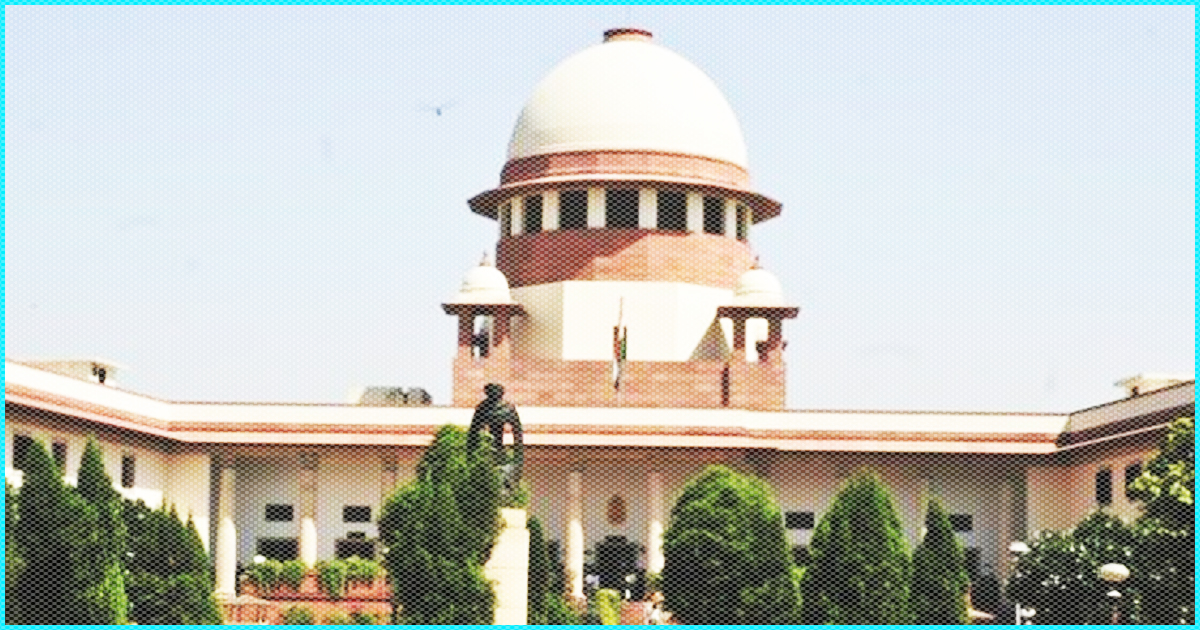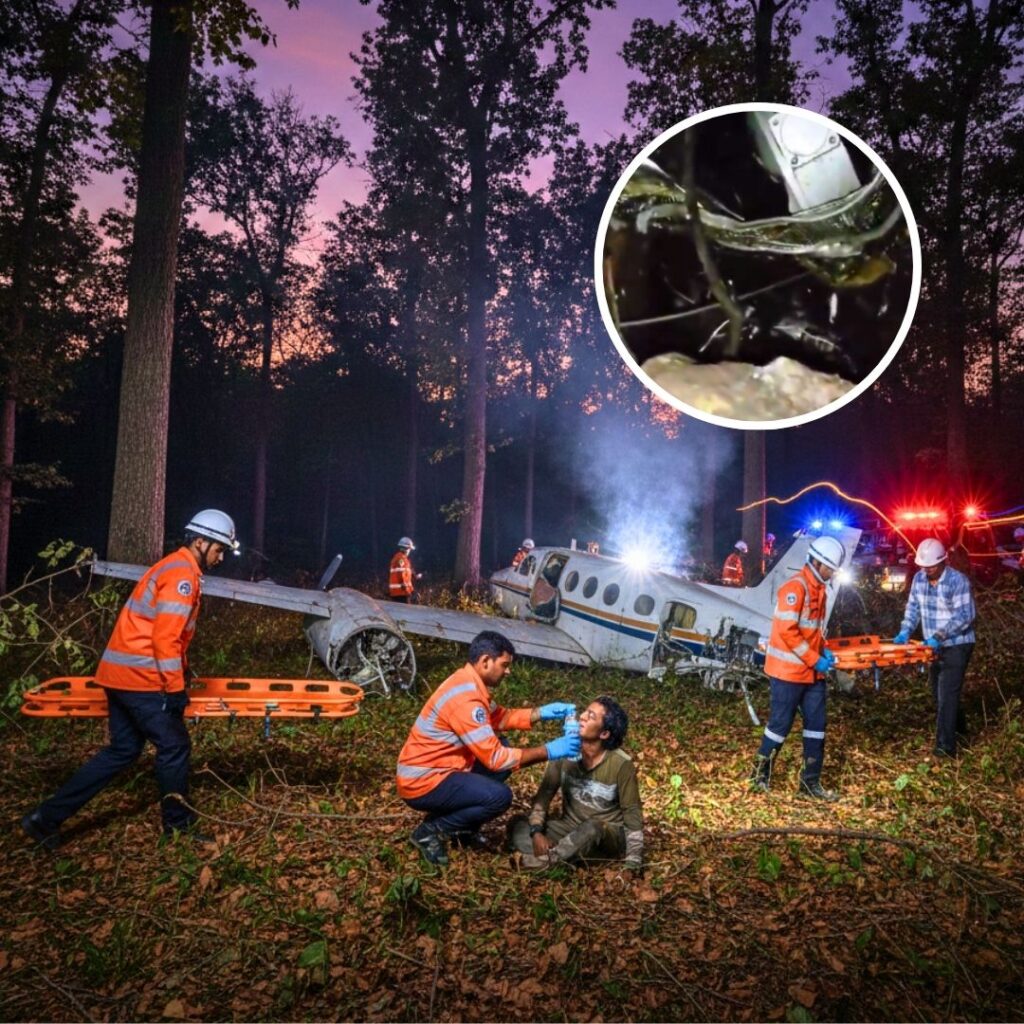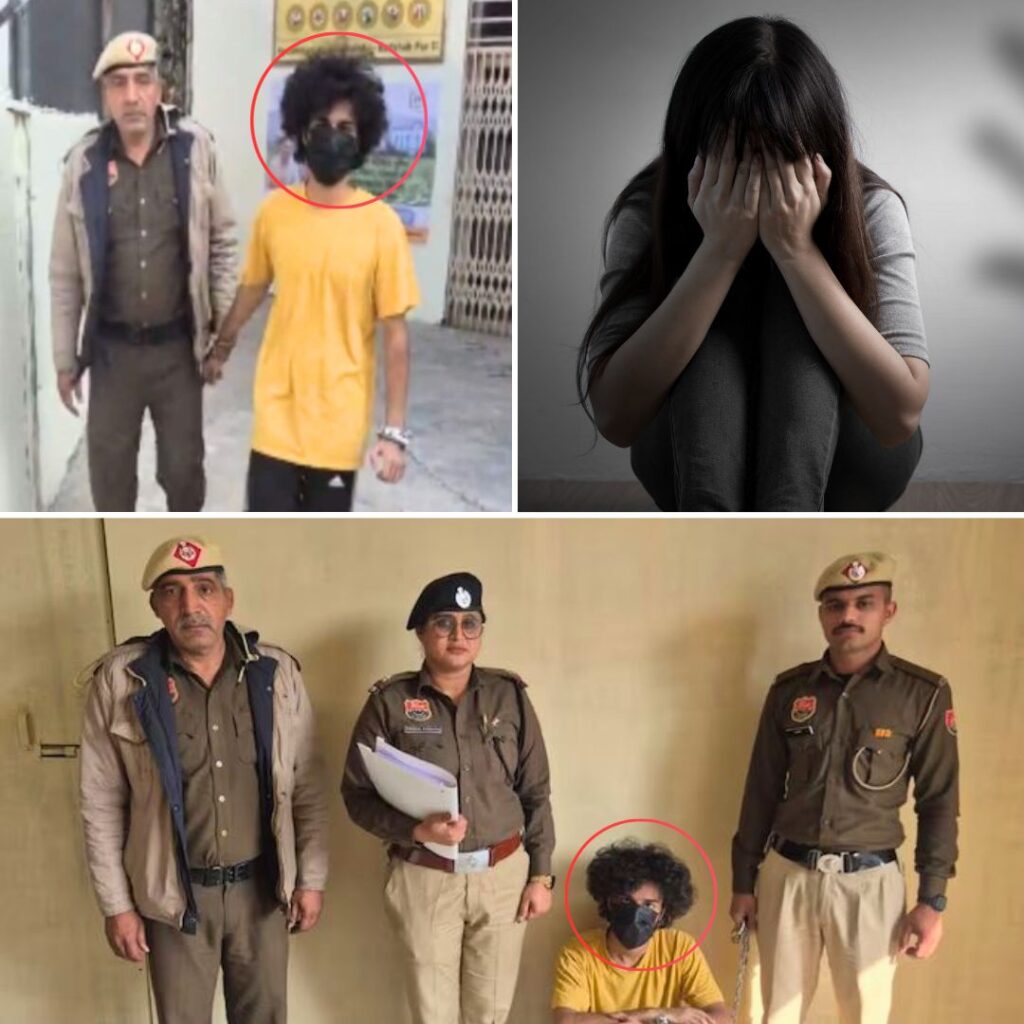On September 26, a five-judge bench of the Supreme Court ruled that the creamy layer concept can be extended to Scheduled Castes (SCs) and Scheduled Tribes (STs). This means that reservation in job promotions can be denied to the economically better-off among the two communities. Until now, this concept was not applied to SC/ST as it was argued that the backwardness of these communities was based on untouchability and not on economic factors. Earlier, the creamy layer concept was applied only to the Other Backward Class.
In addition to this, the apex court, while delivering its verdict on the SC/ST case said that its verdict in the 2006 M Nagaraj vs Union of India judgement will not be further referred to a larger seven-judge bench. The SC also ruled that the states will not have to collect data on the backwardness of SC/ST employees for reservation in job promotions in government offices.
Creamy layer concept in SC/ST
The judgement was authored by Justice Rohinton Nariman on behalf of the bench consisting Justices Kurian Joseph, Sanjay Kishan Kaul, Indu Malhotra and headed by Chief Justice Dipak Misra. The bench noted that reservation was to make sure that citizens from these communities enjoyed equal opportunities and “march hand-in-hand” with other citizens, “This will not be possible if only the creamy layer within that class bag all the coveted jobs in the public sector and perpetuate themselves, leaving the rest of the class as backward as they always were,” said the bench.
However, the bench added that this judgement does not tinker with the Presidential List under Articles 341 or 342 of the Constitution, meaning that caste, groups or sub-groups named in the list continue same as before. Adding, “It is only those persons within that group or sub-group, who have come out of untouchability or backwardness by virtue of belonging to the creamy layer, who are excluded from the benefit of reservation.” The bench also added that interpreting Article 14 (Equality before law) and Article 16 (Equality of opportunities in matters of public employment) with Articles 341 or 342 gave constitutional courts the power to exclude creamy layers from such groups or subgroups.
The court also said that it did not agree with the views of then CJI KG Balakrishnan in the 1995 Ashoka Kumar Thakur vs State of Bihar case. In this case, it was held that creamy layer was inapplicable to SC/ST as the principle of identification of backward class and not a principle of equality.
Earlier judgements on creamy layer concept
The 1993 Indira Sawhney judgement had asked the Centre to identify creamy for caste reservation saying that with the exclusion of “socially advanced members would make the class a truly backward class” adding that this would help in serving the purpose of Clause (4) of Article 16. However, this concept was extended just to OBCs and left SC/STs from the purview of it.
In the 2005 EV Chinnaiah vs State of Andhra Pradesh and Others too, same was stated. Also in 2008 Ashoka Kumar Thakur case, the court held that the creamy layer concept cannot be extended to SC/STs as they are “separate classes by themselves”.
“SC/ST protected under law for a reason”
While speaking to Scroll, PS Krishnan, an expert in the field of social justice and the then secretary in the Union Ministry of Welfare when the reservation for the Other Backward Classes was implemented in 1990, opined that backwardness of SC/STs cannot be judged using the creamy layer concept. “A person might even become a collector. But has society stopped treating them as untouchables? Even Jagjivan Ram [a powerful Dalit Union minister who served in both Jawaharlal Nehru’s and Indira Gandhi’s cabinet], when he unveiled a statue, it was later washed with Ganga water”
Prakash Gajbhiya, NCP MLC told The Times of India that SC/STs were protected under law for a reason and any change to this would lead to its misuse.
Nitin Raut who is the chairman of scheduled caste department of AICC said that this principle could not be applied to SC/STs since they are “not poor because of lack of money but because of caste discrimination” and that having a government job cannot it.
Also Read: SC/ST Quota In Job Promotions: Supreme Court Refuses To Refer Case To Larger 7-Judge Bench












